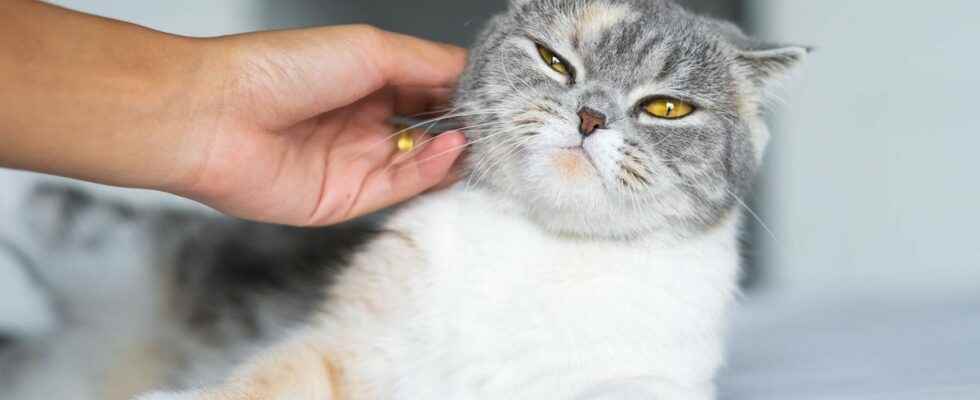Published on
Updated
Reading 2 mins.
In 2018, a Dane adopts a litter of cats and is bitten by one of them. An innocuous injury at first sight, but which gradually became infected and made him live through hell for 4 years. The man died in October, his family is warning today about the bacterial risks that should never be underestimated in a bite.
Animal bites, even those we love, are never to be taken lightly. A tragic story relayed in the DailyMail December 14, is there to remind us. In 2018, Henrik Kriegbaum Plettner, a 29-year-old Danish boy, decided to adopt a cat and her babies from a shelter. A few days later, while taking care of them, he was bitten on the index finger trying to move one of the kittens. A trivial injury, almost innocuous until the man realized a few hours later that his hand had swollen considerably and doubled in size.
A flesh-eating bacterium transmitted by the bite
Worried, the young man consults the following day then is hospitalized… for 1 month receiving 15 finger operations.
The doctors are positive the man is suffering from “necrotizing fasciitis”, a rare bacterial infection. This is caused by pathogens (here Pasteurella multocida) which are part of the “flesh-eating bacteria”. These bacteria, however, do not eat the tissues, but release toxins that destroy them. After four months of treatment, the injured index finger was finally amputated. But the infection is still progressing and his condition continues to deteriorate for 4 years. Henrik Kriegbaum Plettner died in October 2022 as a result of his infection.
Cat bites, high-risk injuries
The victim’s mother, who now intends to warn of the dangers of pet bites, briefly explains what happened:
“The cat bit into a blood vessel, and when a cat bites and then pulls out its fang, the hole closes and the bacteria spreads”
A fact confirmed by doctors. According to Dr Woodpecker, a GP interviewed by the German press on the subject:
“The bite of a cat is generally more superficial than, for example, that of a dog. But because cats have smaller, sharper teeth, they often leave deep wounds in their wake. This means that the germs they have in their mouths can penetrate deep into the tissues”.
Not all pathogens are equally dangerous, but can become problematic if they enter the bloodstream. Henrik Kriegbaum Plettner’s family today wishes to challenge the public on this situation which is ultimately not insignificant:
“Go to the doctor after a bite, don’t think, oh, it’s just a cat. Do not take any risk”.
